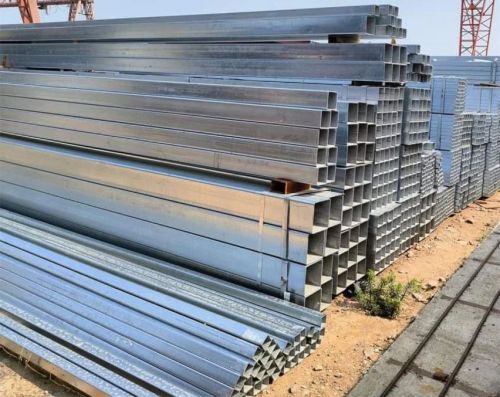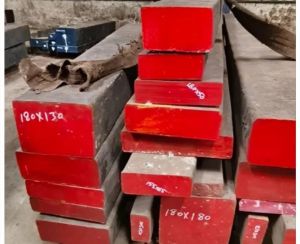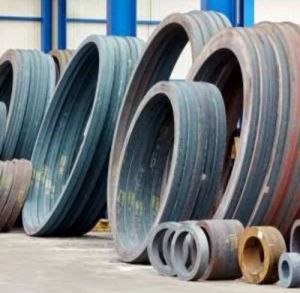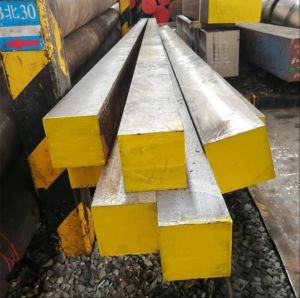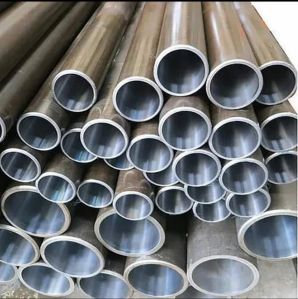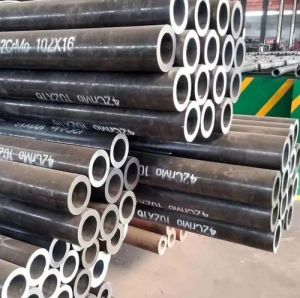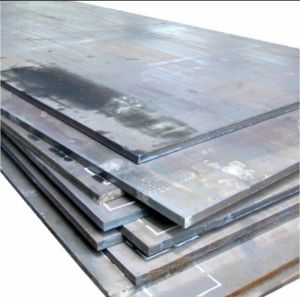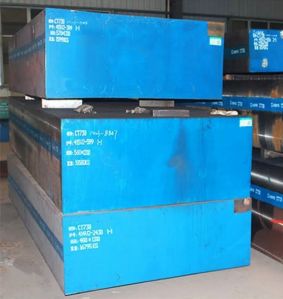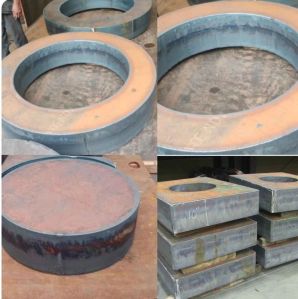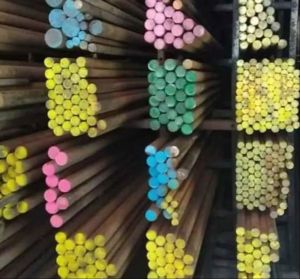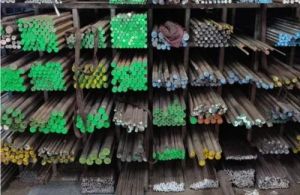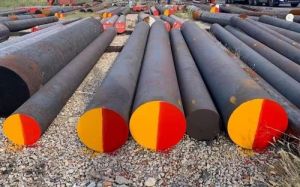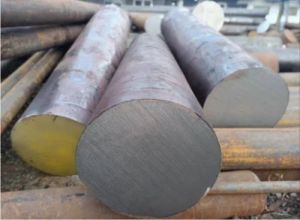- Manjalpur, Vadodara, Gujarat
- GST NO. : 24AIYPR7180G1ZK
- +91-9375939776, +91-8320187543
| Business Type | Supplier, Trader, Distributor |
| Thickness | 2mm |
| Country of Origin | India |
| Feature | Rust Proof, Fine Finished |
| Click to view more | |
Preferred Buyer From
| Location | Anywhere in India |
Product Details
Application
Construction Use
Surface Treatment
Coated
Color
Grey
Shape
Rectangular
Finishing
Polished
Material
Galvanized Iron
Unit Pipe Length
6m
Size/Diameter
25mm
Payment Terms
L/C, D/A, D/P
Delivery Time
Same Day
"G.I. Solar Pipe" refers to a type of pipe commonly used in solar water heating systems. Here’s a breakdown of what it is and its application:
### **Definition and Purpose**- **G.I. Pipe**: G.I. stands for Galvanized Iron. G.I. pipes are coated with a layer of zinc to protect them from rust and corrosion. This coating is applied through a process called galvanization.- **Solar Pipe**: In the context of solar water heating systems, a solar pipe is used to transport water or heat transfer fluids between the solar collector and the storage tank or other components of the system.
### **Key Features**- **Corrosion Resistance**: The galvanization process gives the pipe its corrosion-resistant properties, which is important for the longevity and reliability of the pipe, especially when it is exposed to various environmental conditions.- **Durability**: G.I. pipes are known for their strength and durability, making them suitable for the mechanical stresses and temperature variations found in solar water heating systems.- **Heat Transfer**: While G.I. pipes can handle high temperatures, they are not as effective in heat transfer as some other materials like copper or stainless steel. However, their cost-effectiveness and adequate performance in many systems make them a viable option.
### **Applications**- **Solar Water Heating Systems**: Used to transport water from solar collectors to storage tanks or to distribute hot water within a building.- **Piping in Other Systems**: In addition to solar heating systems, G.I. pipes can be used in various plumbing and irrigation applications where moderate corrosion resistance and durability are required.
### **Considerations**- **Thermal Expansion**: G.I. pipes can expand and contract with temperature changes, so proper installation practices should be followed to accommodate these changes and avoid damage.- **Insulation**: In solar applications, insulation around the pipes may be necessary to reduce heat loss and improve system efficiency.
In summary, G.I. solar pipes are used in solar water heating systems for their durability and corrosion resistance. While they may not offer the best heat transfer properties compared to some other materials, their cost-effectiveness and reliability make them a common choice in many solar installations.
### **Definition and Purpose**- **G.I. Pipe**: G.I. stands for Galvanized Iron. G.I. pipes are coated with a layer of zinc to protect them from rust and corrosion. This coating is applied through a process called galvanization.- **Solar Pipe**: In the context of solar water heating systems, a solar pipe is used to transport water or heat transfer fluids between the solar collector and the storage tank or other components of the system.
### **Key Features**- **Corrosion Resistance**: The galvanization process gives the pipe its corrosion-resistant properties, which is important for the longevity and reliability of the pipe, especially when it is exposed to various environmental conditions.- **Durability**: G.I. pipes are known for their strength and durability, making them suitable for the mechanical stresses and temperature variations found in solar water heating systems.- **Heat Transfer**: While G.I. pipes can handle high temperatures, they are not as effective in heat transfer as some other materials like copper or stainless steel. However, their cost-effectiveness and adequate performance in many systems make them a viable option.
### **Applications**- **Solar Water Heating Systems**: Used to transport water from solar collectors to storage tanks or to distribute hot water within a building.- **Piping in Other Systems**: In addition to solar heating systems, G.I. pipes can be used in various plumbing and irrigation applications where moderate corrosion resistance and durability are required.
### **Considerations**- **Thermal Expansion**: G.I. pipes can expand and contract with temperature changes, so proper installation practices should be followed to accommodate these changes and avoid damage.- **Insulation**: In solar applications, insulation around the pipes may be necessary to reduce heat loss and improve system efficiency.
In summary, G.I. solar pipes are used in solar water heating systems for their durability and corrosion resistance. While they may not offer the best heat transfer properties compared to some other materials, their cost-effectiveness and reliability make them a common choice in many solar installations.
Looking for "Galvanized Iron Solar Panel Stand Pipe" ?
Kilogram

